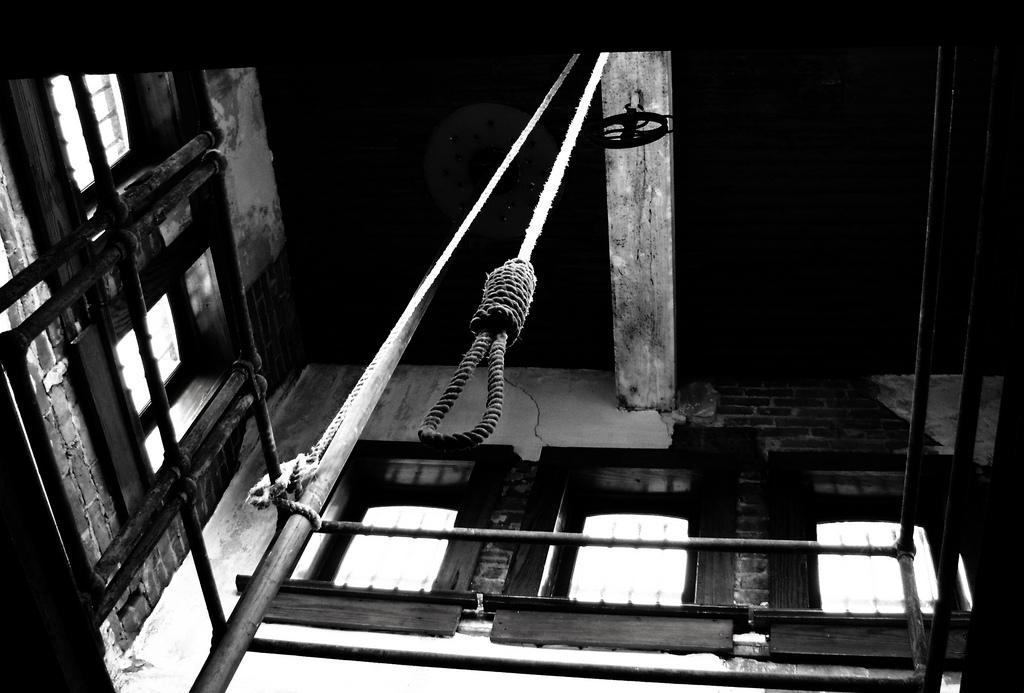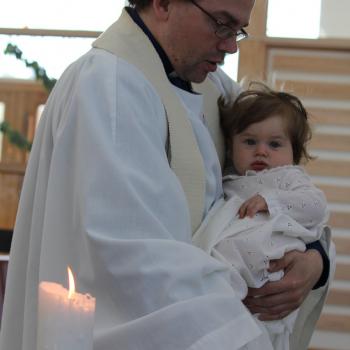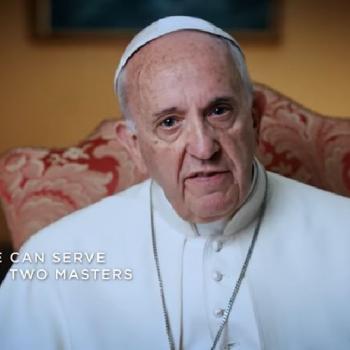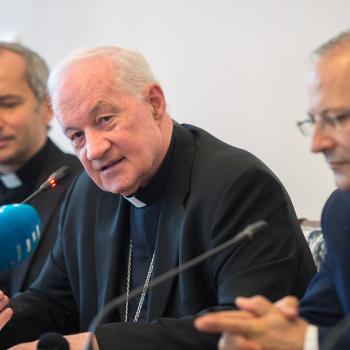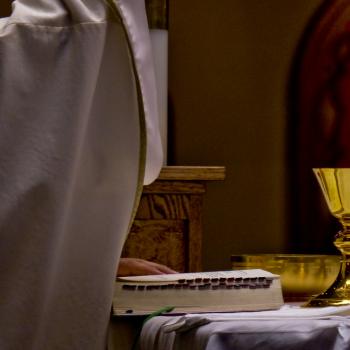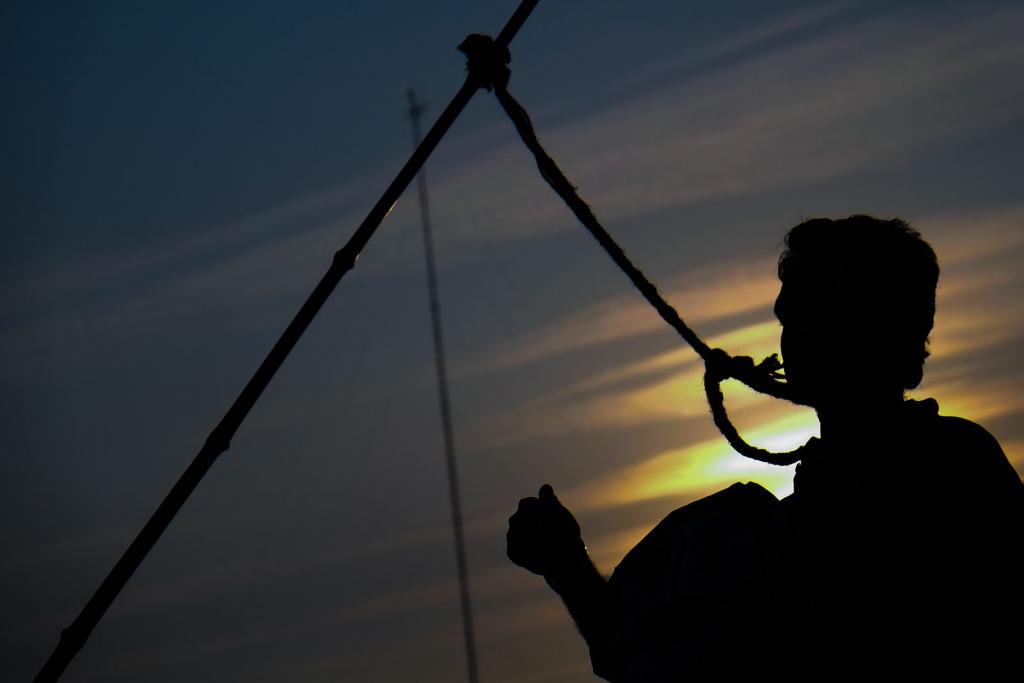
A 99-year-old Spanish woman is taking credit for having inspired the recent change to the Catechism on the inadmissibility of the death penalty. María Asunción Milá, a great-grandmother from Seville, revealed last week that Pope Francis wrote to her in March 2015 to say he would “take into account” the woman’s petition that the doctrinal cover for capital punishment be suppressed and would “request that the change be studied”.
The Pope’s letter to this effect was a reply to a missive Milá managed to have hand-delivered to the pontiff, also in 2015, in which she begged Francis “to suppress the legitimacy the Catechism lends to this murder, which, being a scheduled, legal act with its own liturgy, does not meet the conditions of being an act in legitimate self-defense“. The Pope’s promise to undertake the change came to fruition last August 2, and Milá knew about it before anyone. On the same morning in which her first great-grandchild was born, Milá received a phone call from Vatican spokeswoman Paloma García Ovejero, who wanted to give the Sevillian woman the news personally: “that the Pope had just declared the illegitimacy of the death penalty… no matter how grave the crime”.
Despite having been the immediate catalyst for the reformulation, Milá is staying modest. “I’m not the one who accomplished [the change]”, the woman told the Spanish radio station COPE. “I helped. It’s the Church that’s changed. There’s a lot of people in the world that fight against the death penalty”, she explained. But even if it’s the case that the great-grandmother can’t take all the credit, it’s also true that she’s spent nearly forty-five years struggling for the rights of those on death row.
The Church should “apologize” for not having condemned the death penalty sooner
Milá says she felt a call to work for the end of capital punishment after the execution in 1974 of Salvador Puig Antich, the last person to die in Spain by the barbaric method of the garrote vil. “That day I felt I had to do something”, says the woman – and that “something” extended, perhaps most importantly, to lobbying both ecclesiastical and political figures to exclude the death penalty from the post-Franco Constitution of 1978.
Politicking is not the only thing Milá has engaged in all these years, however: she also formed her own organization against the death penalty, collaborated with Amnesty International, and even studied theology so as to be able to press her doctrinal case better. Despite all her experience and learning in the field, though, Milá insists there’s no title she’s prouder of than that of mother.
“It’s necessary and urgent to condemn the death penalty with all solemnity, but we should also apologize for not having done it sooner, and acknowledge our arrogance for having thought we knew better than God“, she concludes. “Only in this way we will be able to testify truly that the Gospel is true”, Milá continues, revealing that far from resting on her laurels this old woman now intends to “put an end to war”.
